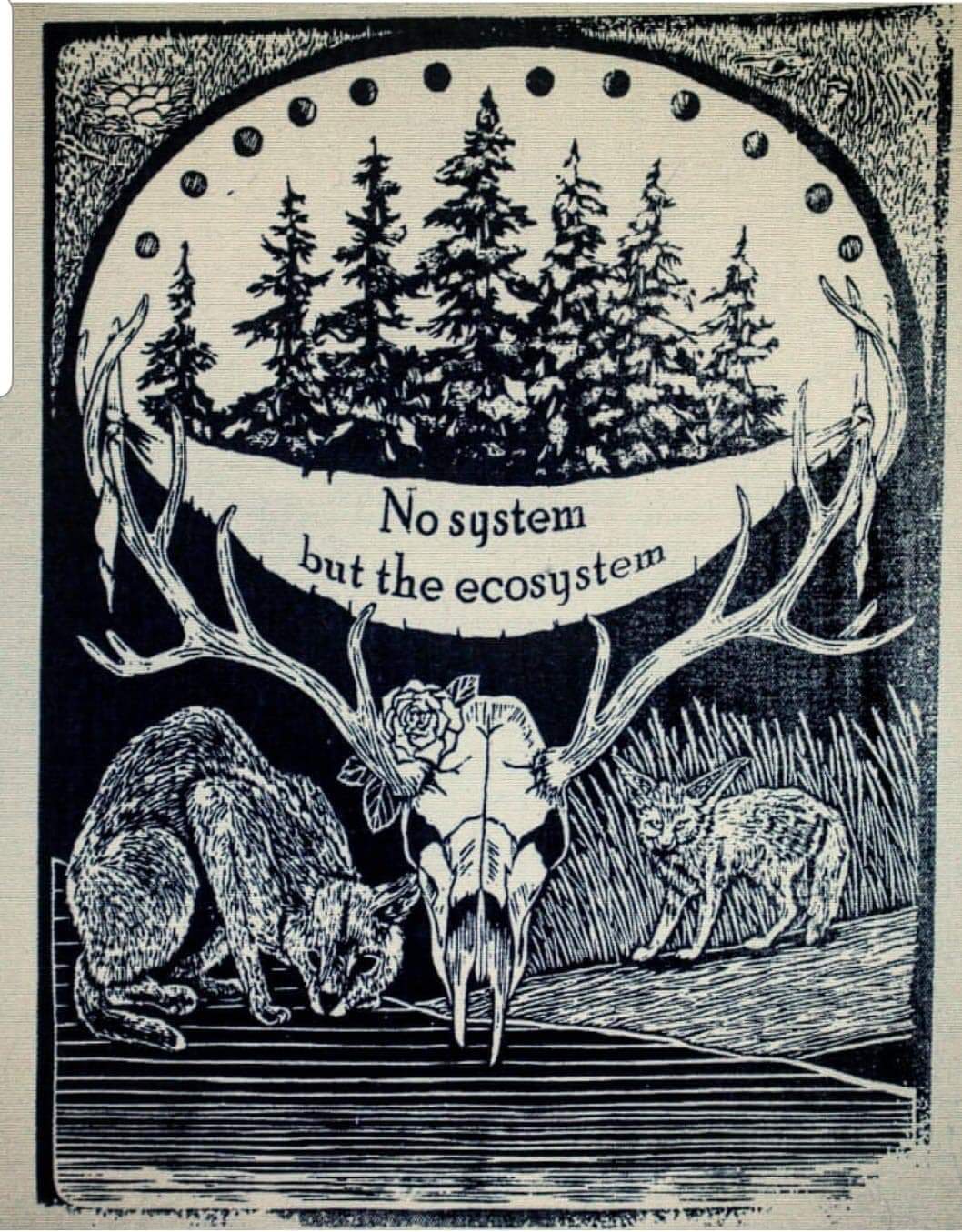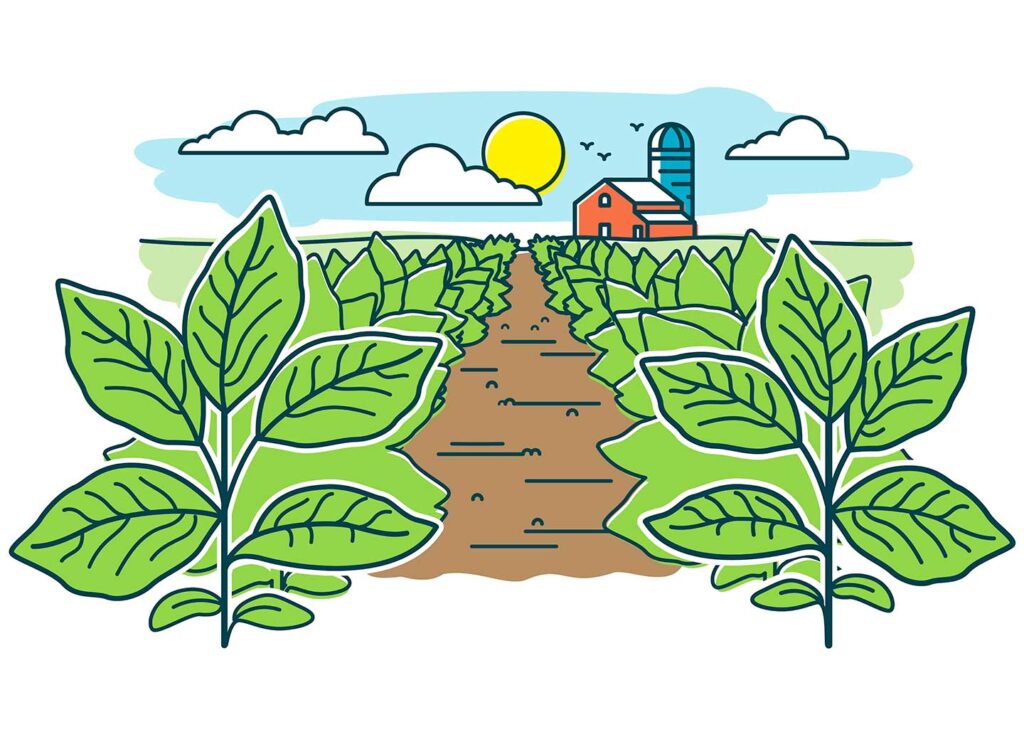VeganPizza69 Ⓥ
No gods, no masters.
- 92 Posts
- 90 Comments

 11·7 days ago
11·7 days agoNo, the problem is the exploitation of sentient beings, which is happening at a biblical scale.

 2·7 days ago
2·7 days agoFor chicks it’s indirect, to keep the egg production going well.

 1·7 days ago
1·7 days agoMales usually. Chicks, lambs, bovine calves. Male piglets are a bit tricky, there’s more interest in raising them to adulthood but they get castrated to not “taint the meat”, and they’re castrated as piglets (look up the videos when you have the time).

 1·7 days ago
1·7 days agoMeat has been a status symbol since civilization started. Cheese came a bit later, but it’s also a status symbol. The fact that people treat animal flesh like a staple doesn’t make it a staple, it means that those people are blind to their privileges.

 11·7 days ago
11·7 days agoThey get around that by pointing out that this recommendation applies to being in Paradise, which is not applicable “on Earth”.
The apologetics for biblical veganism are as thin as the ones for biblical socialism (very). If you look at the older parts, you’ll see that this God god is very into animal sacrifices and loves BBQ.
Cherry-picking is usually a sign of failure, and that goes in all cases. The best thing to do is to chuck it. Compost it. Dump the whole thing.

 71·1 month ago
71·1 month agoIsrael has no sober friends.

 01·2 months ago
01·2 months agoMaybe I wasn’t clear, but you certainly have a lot more reading to do. You have a first year student’s understanding of the issue.

 0·2 months ago
0·2 months agoThere’s a lot more to read about it than Wikipedia. The animal sourcing is unreliable too, those farm animals don’t make it, they get it from being outside and eating from the soil and drinking from various natural water sources. That doesn’t apply to most animal-based food products as those come from factory farms, which is why they supplement, usually as multivitamins. Those who aren’t eating a plant-based diet are essentially consuming second-hand supplements, along with second-hand amino-acids, second-hand lipids, second-hand calories. And B12 deficiency is pretty big in many human populations, especially among older adults. Everyone should be supplementing, really. You should stop making it sound like it’s difficult or disgusting, it isn’t.

 2·3 months ago
2·3 months agoGuess accurately (mostly).

 2·3 months ago
2·3 months agoI’m aware of the Energy Transition challenge.
https://www.postcarbon.org/can-civilization-survive-these-studies-might-tell-us/
https://www.sciencedirect.com/science/article/pii/S2211467X19300926

 1·3 months ago
1·3 months agoThat goes beyond the climate issue. OP is referring to climate.

 1·3 months ago
1·3 months agoJust saw this nice paper that goes to 2300:
Achieving net zero greenhouse gas emissions critical to limit climate tipping risks https://www.nature.com/articles/s41467-024-49863-0
Under current emission trajectories, temporarily overshooting the Paris global warming limit of 1.5 °C is a distinct possibility. Permanently exceeding this limit would substantially increase the probability of triggering climate tipping elements. Here, we investigate the tipping risks associated with several policy-relevant future emission scenarios, using a stylised Earth system model of four interconnected climate tipping elements. We show that following current policies this century would commit to a 45% tipping risk by 2300 (median, 10–90% range: 23–71%), even if temperatures are brought back to below 1.5 °C. We find that tipping risk by 2300 increases with every additional 0.1 °C of overshoot above 1.5 °C and strongly accelerates for peak warming above 2.0 °C. Achieving and maintaining at least net zero greenhouse gas emissions by 2100 is paramount to minimise tipping risk in the long term. Our results underscore that stringent emission reductions in the current decade are critical for planetary stability.

 1·3 months ago
1·3 months agoBecause they’re can’t fly like Peter Pan.

 1·3 months ago
1·3 months agoNone of them can be funny because of the context, so I set my expectations accordingly.

 6·3 months ago
6·3 months agoIt’s fair and balanced. Some More News regularly try to do “general audience” shows which are like John Oliver’s Last Week Tonight, but funnier and with tiny budget. The Peterson thing is probably to attract some extra attention.

 10·3 months ago
10·3 months agoNone of that shoes, clothes, beam, or height matters.
If you’re a photographer, the only thing that matters is holding the camera and taking the shot.

 1·3 months ago
1·3 months agoLikewise, I wasn’t panicking.
I wasn’t referring to you, but to the post itself.
And it’s a stressor that most men will never have to face.
While it’s not as unnerving as the exposure from tampons,
Some condom and lubricant brands contain alarming levels of PFAS – study | PFAS | The Guardian
Jesus freakin’ christ. Jesus.
Yeah, his fanclub is part of the problem.
Bloody Hell: Does Religion Punish Women for Menstruating?
There’s a term: “period poverty”. Look it up.
If you allow this baseless accusation on tampons to become an
urbansuburban and rural myth, you end up promoting these assholes’ ideologies. They can use this “fact” about lead in tampons to deny relevant healthcare or to prevent stuff like: https://www.freethetampons.org/ by claiming that it harms girls. It’s important to prevent the noxious disinformation of tomorrow just like it’s important to prevent heavy metal bioaccumulation.










Here, check out alternative translations: https://www.bible.com/bible/compare/GEN.9.3-4
All I see is “drain the blood before” (exsanguination), what they’d call “kosher”.